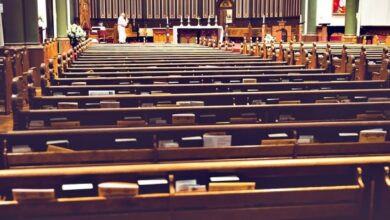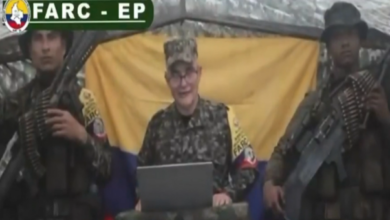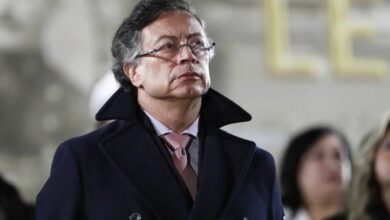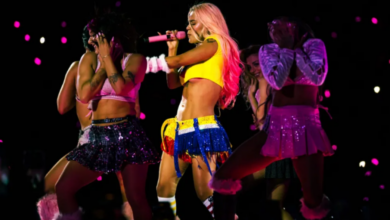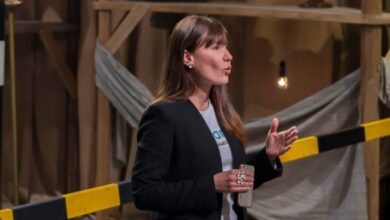The Rainbow March for the Defense of the Rights of the LGBTQI+ Community
On the 4th of July, the LGBTQIA + pride march was held in Bogotá, Colombia. In a musical atmosphere of dance and colors, the emblematic Carrera Séptima avenue was filled with glitter and excitement.

The Woman Post | Laura Valentina Cortés Sierra
Listen to this article
The Woman Post spoke with some of the women who took part in this peaceful protest to understand why they march and what rights they are fighting for.
Both, community members and allies extolled the importance of defending the rights of LGBTQIA + communities and stopping all kinds of violence. At the same time, they celebrated love in all its expressions and the spaces claimed by these communities.
Valeria Zarate identifies as a proud pansexual for whom every day is LGBTIQ + pride day! She says she went out to march because it is a day to commemorate the vindication of the rights of the LGBTIQ + community. "Despite having made a lot of progress and even though Colombia is one of the countries with ‘the greatest guarantees’ on paper for the people of the community, there is still a long way to go for this to become a fact in the reality of many."
Valeria also marches because, as she expresses, she feels "proud to belong to this diverse community that fights under the same rainbow, that continues to move forward despite the abuse and discrimination. A community that with endurance continues to fight and give voice to all those who were silenced in the struggle for their rights."
Also read: INTERNATIONAL DAY OF AFRO WOMEN, TO PRESERVE THEIR ORIGINS AND RIGHTS
Sophie, who identifies as bisexual, says that at school the headmaster "constantly made my life harder" when she found out about her sexual orientation. "She treated me badly, she couldn't see me in a relationship because she would do anything to ruin it. Being bisexual, she treated me as a lesbian and as a lazy student, even when I tried to excel academically." She remembers her school days as a horrible stage. It disgusted her how fellow students looked at her as a sexual object in the classroom when her orientation was discovered. "As if I only served to please a man that wants to see me kiss another woman."
At home, she was afraid to express her sexual orientation with her family, but in the end, only her mother's acceptance mattered to her. Sometimes her thoughts go to how her father would have beaten or abused her if he knew everything she stands for today. Sophie marches so that one day everyone can walk free without feeling discriminated against, judged, or even killed in the name of a god or simply out of hatred.
Alison Duff, a trans woman expressed hopeful "I march for our trans visibility, for the fight, for less discrimination, for a free country." As music kept playing in the background at the final stop of the march in Plaza de Bolivar, Alison said "we march for equal treatment with more opportunities."
Her friend Guissell Ortiz also part of the community of trans women, said with a familiar tone "I march for the rights of us transsexuals so that we are more accepted in this world." This desire for a world without discrimination or violence adds to the need of overcoming the difficulties brought on by a pandemic that, as Guissell said, "has hit us very hard, because we were very forgotten."
The Ombudsman's Office of Colombia (Defensoría del Pueblo de Colombia) recently declared that between 2020 and so far in 2021, 98 people with diverse sexual orientation and gender identities have been murdered. The main victims are trans women, with 42 transfemicides in the last year and a half. People dressed in the colors of the many flags of diversity and expressed through art their hope, that one day they will live in a country in which all people can live free and safe regardless of their gender identity or sexual orientation.

